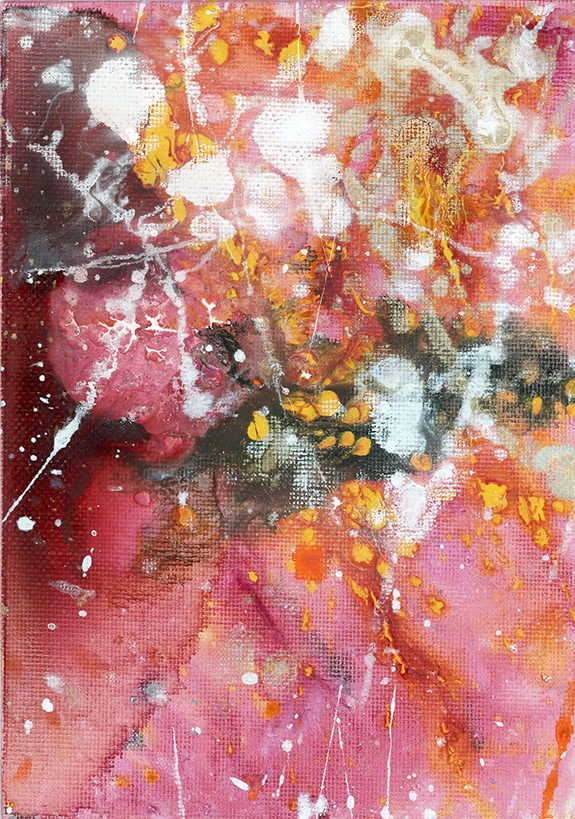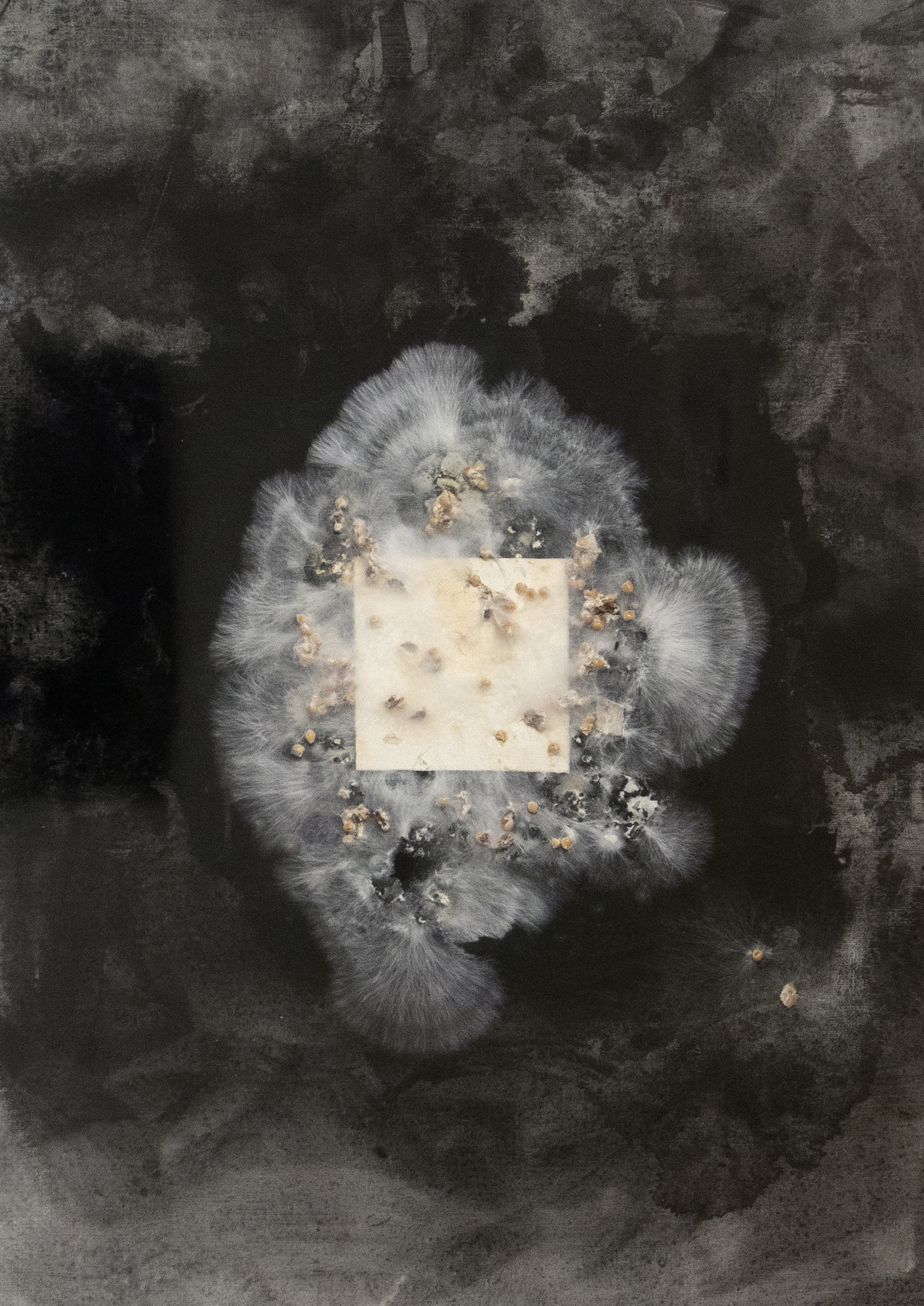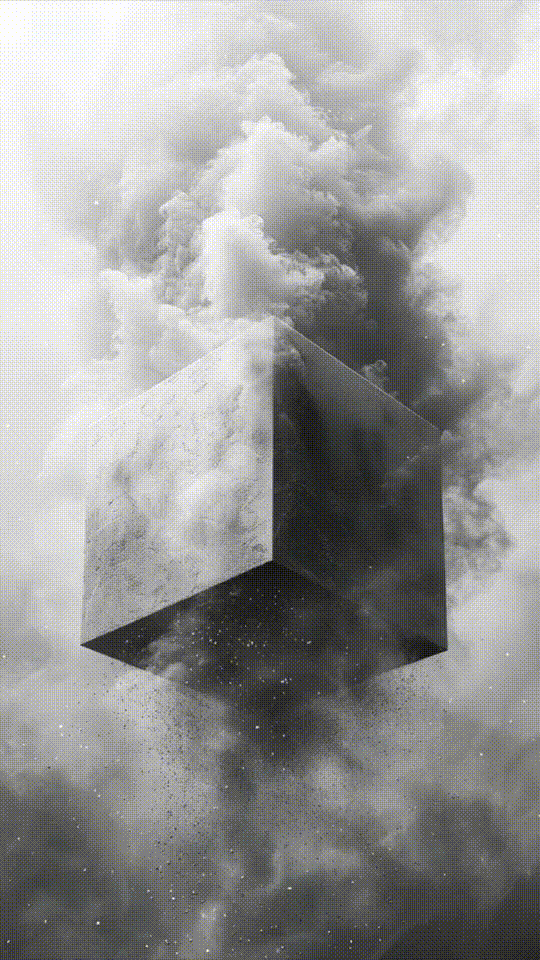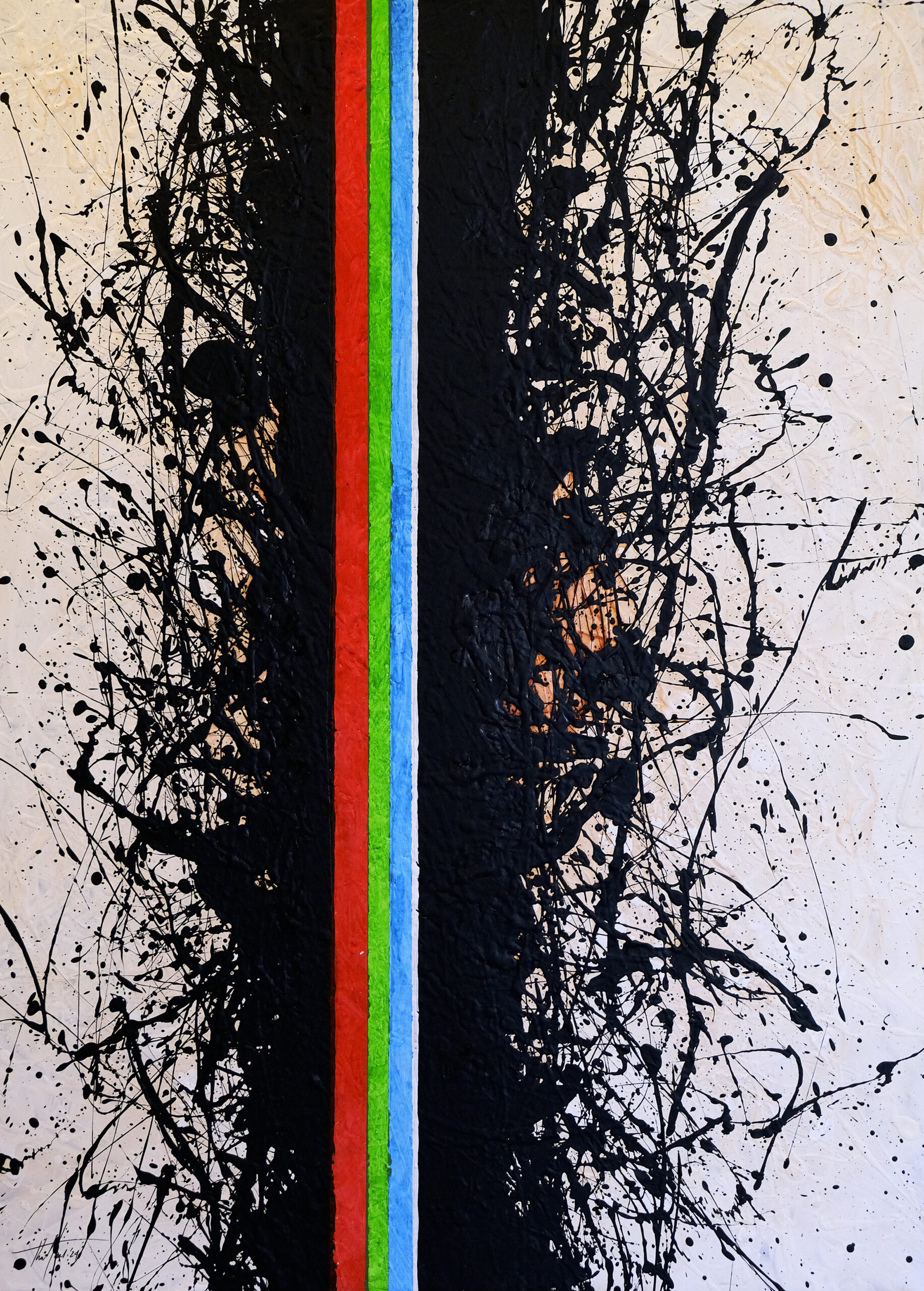After more than twenty years of not having seen my father, after growing up without him, missing him, yearning for him, and watching my friends play with their dads, with my only respite being lingering faded memories of him holding my hand in the cold of winter in the streets of London when I was four years old, he returned home to die.
He had left my mother and brother and me when I was eleven years old. It was for a temporary business venture in Tokyo, which then dragged on, year after year, after endless years as I grew up without him. During that time, I would receive sporadic birthday gifts from him along with hand-written letters telling me how proud he was of me, and how smartly I was growing up. I would lay in bed and imagine the vast black Pacific Ocean separating my father and me. As a child, I fancifully imagined what Tokyo would be like, how different were the children in Japan, the colors, their toys, the movies, and wondered what kept my father there. And I carried the pang of loneliness with me like a dark burning wound in the middle of my stomach. It pervaded everything I did, I carried it with me wherever I went.
And so, one day, when I had just turned Thirty-Three, a month after the birth of my son, my father returned home to my mother. He was emaciated and gaunt, swimming frailly in his suit. The bittersweet joy and pain of seeing him after all those years tore right through me as I embraced him and felt his fragility. His homecoming carried the cold pale parlor of goodbye. He was dying of debilitating cancer and had come home to make peace with his two sons and his choices.
Six months later, my father’s health deteriorated precipitously. He was barely able to speak and struggled to engage with family and friends who visited him at the hospital. The hospice counselor came to his hospital room one night and discussed end-of-life arrangements with us. After she left, my father, called me to his bedside with a faint beckon and started to sob uncontrollably. He asked for a pen and a piece of paper.
“Her name is Keiko,” he struggled to speak as he wrote her name and address on the piece of paper with his trembling hand. “Please be kind to her.” That’s all he could manage to utter.
A week later I stood by him as his eyes closed and the ICU nurses disconnected him from the ventilator. He took his last breath with a sigh and a peaceful glow engulfed the body he left behind.
When I was fourteen years old, I had written him a letter asking what Japan was like. He had written back: “the Moon is the same wherever you go.”
Armed with the scribbled name and an unfamiliar address written by my dying father’s trembling hand, I made my way from New York to San Francisco, and over the vast black Pacific Ocean to Tokyo. Tokyo itself was a sea of color and sounds, a precise mathematical maze of rich and bewildering confusion to untrained eyes laid upon it for the first time.
In the afternoon, the following day, I took a taxi from the hotel and made my way up a narrow street on the outskirts of Tokyo, a quint street in Bunk Yo-Ku. Without announcement or instructions, the taxi driver unceremoniously stopped by a traditional stained brown wooden door along a white courtyard wall. Tall shoots of bamboo rose above the wall, swaying gently in the afternoon breeze. I wasn’t certain if I had the correct address or even the correct name; nor did I know how I would be received, if received at all.
My heart was racing uncontrollably. I knocked at the wooden door and waited. Nothing. The afternoon sun heated my body. I could hear the sound of the insects flying about, the noise of hammering and construction at a nearby house filled the air, a small-engine plane whirred above, life went on. I thought of my struggles and pains, quietly, and imagined Icarus falling alone from the heavens while the world went on without noticing him. Discouraged, I turned around and looked toward the end of a long narrow street where I would have to walk to and possibly hail a taxi back to my hotel. Just then the shuffle of footsteps in the courtyard, behind the wooden door stopped me.
A slight grey-haired woman with gentle and gracious poise slowly opened the wooden door. She stared at me without saying a word, for what seemed a long-drawn-out moment, as if she knew me. As I approached her to introduce myself, she fainted and collapsed into my arms.
Over the next week, Keiko and I visited many places she and my father had frequented; we had ceremonial green matcha at the Imperial Garden where the two of them would watch aged koi in the rain; we ate traditional meals in hidden-away restaurants. One afternoon we spent time in her bamboo and orange orchard courtyard looking at photo albums she had kept from her life with my father. On my last day in Tokyo, she prepared a simple meal and we had dinner quietly, looking at all my letters and drawings and photographs my father had kept over the years. Keiko had organized them in a scrapbook. She had watched me grow up from afar.
“They had given him three months to live,” she told me as she poured herbal tea for me. She sat in front of me, a stained expression revealed a hidden pain on her face. “I told him to go home, to you and your brother and your mother, and be with you. I knew I would never see him again, and it broke my heart. I watched him as long as I could at the Narita Airport’s departure gate, ran along the security glass partition as he walked down the escalators to say goodbye to him, and ran until I could not see him anymore.” Her eyes were full of tears. She continued, “while he was in America, I could not speak to him. He was too ill to contact me, that is, until now that you visited me.”
I could feel the immense leaden pain of life, and their love story; and yet, I was happy that despite my suffering they had found each other, and that he was happy. I reached out and embraced her and told her I was happy for their love. It relieved me that he had a happy life with her.
After dinner, as I prepared to say my goodbyes to Keiko, she brought me to my father’s library, and told me with a kind open smile, “all of this is yours, this house, his collections, everything in it, his wealth… All I ask is that you leave me one of his suits and one pair of his shoes. I will make the arrangement as you instruct me. I am so very sorry for taking him away from you.”
“And I give everything to you, Keiko,” I responded without hesitation. “This is your home. I have no rights to it. I will only take one book from the library as a memory if you permit me.”
I looked at the wall of books and found an old aged and unmarked little black notebook, almost hidden next to a copy of Vladimir Nabokov’s Speak Memory. It contained a hand-written story by my father. I recognized his elegant cursive penmanship using a fountain pen and India ink similar to all the letters he had sent me throughout my childhood.
The next day, somewhere over the Pacific Ocean on my way home, under the dimmed lights of the airplane, while most of the passengers had either fallen asleep or were busy watching their brightly lit moving screens, I opened my father’s notebook and started reading.
The story was titled, Ruby. It was about a young man who had left his home in search of love and treasure. Along his journeys and adventures, he had come across an old oracle who had told him that in order to find true love he had to first discover the hidden ruby within his own heart. At the end of the story, my father had written a dedication. It was addressed to me. My heart skipped a beat when I read the note.
My Dearest Son,
I still tremble at the thought of holding your little newborn body in my arms last night. Welcome to this world, to my world, and thank you for honoring me to be your dad.
Please accept these humble words as a gift from me, as a promise, as a prayer, as a compass; each word is a treasure, each word a sword, a radiant dagger, an Excalibur. When you are ready you will read this book.
This is your story, a sliver of light between two eternities. In it I have only written ten thousand words of Karma, the other ten thousand words are the jewels of Dharma, which you will write with your one hands. And so, my dear son, twenty-thousand words represent these two worlds, the polar balance of shadow and light, at the center of which is your choice like a glowing red ruby.
An oracle once told me to find my love I must find the ruby in my heart. This notebook is that ruby, reflecting the ten thousand treasures of dark and ten thousand treasures of light. May it reward you as you find your own ruby.
Please forgive me for my sins
Love,
Dad
London, March 1967





